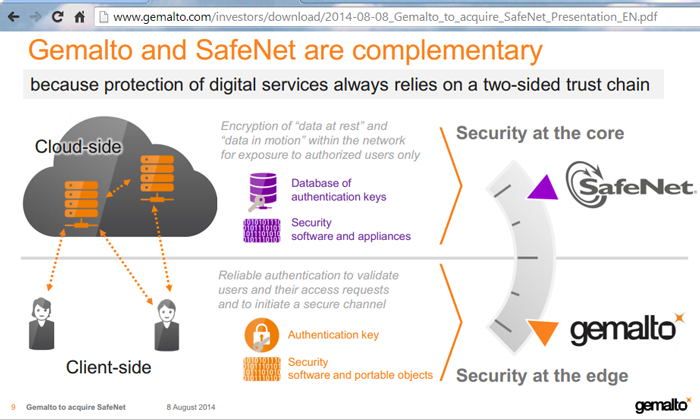
Building on commitments made by America’s four largest wireless carriers to provide text-to-911 service, the FCC adopted rules to ensure that all remaining wireless carriers and certain IP-based text application providers are prepared to support text-to-911 by the end of the year. Currently, more one hundred 911 call centers in the U.S. are serving portions of 16 states and two entire states (Vermont and Maine) are now accepting emergency texts.
The FCC said its new text-to-911 requirements apply to wireless carriers and “interconnected” text messaging providers (i.e., those which enable consumers to send text messages to and from U.S. phone numbers). This includes providers of “over the top” applications that support texting to and from phone numbers but not, for example, messaging apps that only support communications among users of games or social media.
The FCC also adopted a Third Further Notice of Proposed Rulemaking that seeks comment on the continued evolution of text-to-911, including the delivery of location information and support for text-to-911 when roaming.
The FCC previously adopted rules requiring text messaging providers to send an automatic “bounce-back” text message to consumers who try to text 911 where the service is not available.
http://www.fcc.gov/document/fcc-adopts-rules-promote-widespread-text-911-availability
 Facebook's engineering team posted details on its "Autoscale" load balancing technology, which is now yielding significant energy savings as traffic on the site rises and falls during the course of a day.
Facebook's engineering team posted details on its "Autoscale" load balancing technology, which is now yielding significant energy savings as traffic on the site rises and falls during the course of a day.















